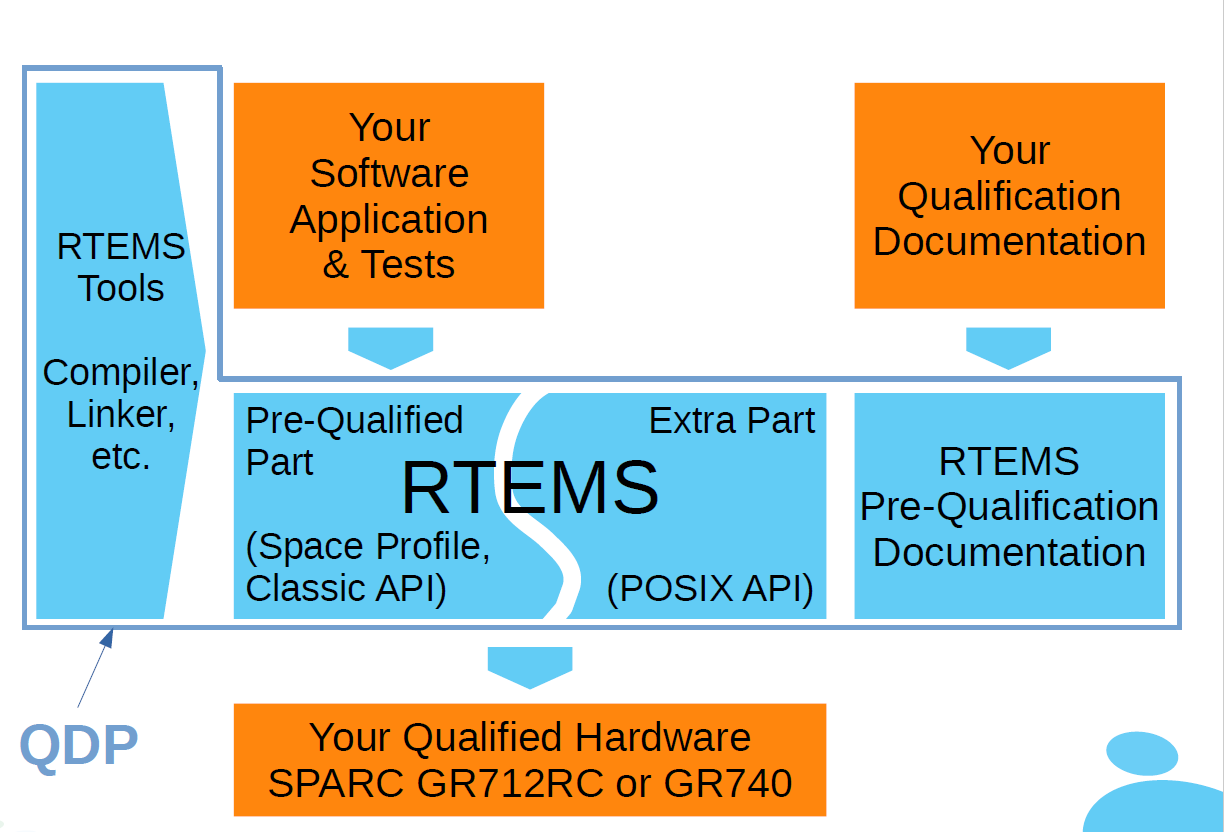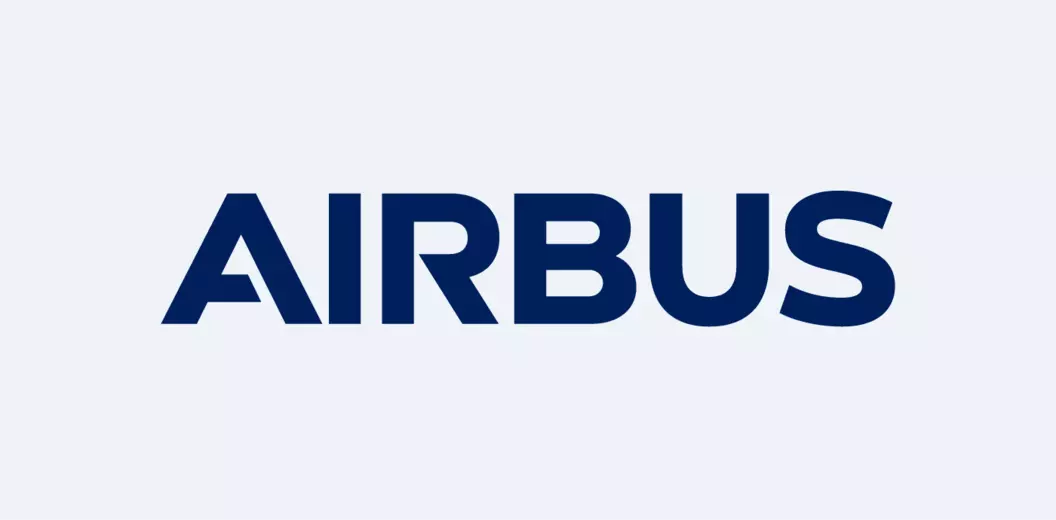A prequalification toolkit allows end-users to qualify their space applications on bespoke (space-qualified) hardware. The primary focus has been on qualifying the SMP elements of the RTEMS super core. The target application area is payload (instrument) data processing, the exact scope is defined in
space profile subset .
The base-line target platforms are the Cobham Gaisler GR712RC (Leon3 dual core); and
GR740 (LEON4 quad core) System-On-Chips and associated Gaisler reference boards.
The pre-qualification toolkit uses the GCC-based cross-compiler provided by the RTEMS Source Builder as baseline (RSB -currently at GCC v10.2.1).
Full alignment with the (qualified)
mathematical library for critical system (LibmCS) .
The below diagram shows the full toolchain. The blue box depicts the RTEMS provided elements. These elements are:
- a) RTEMS tools;
- b) RTEMS in terms of library; and
- c) the requirements documentation as required by the relevant ECSS standards, ECSS-E-ST-40C and ECSS-Q-ST-80C Rev 1.
The orange boxes depicts the elements which should be provided by the end-user. The software application, tests, documentation and the hardware qualification.












